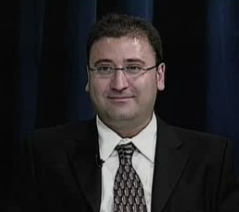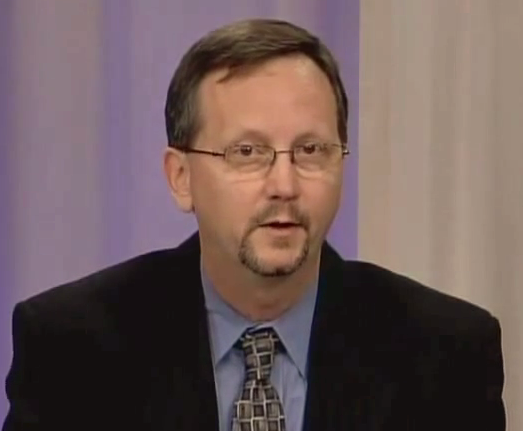
Nuclear Power Plant Safety and the Public Health Response
Course Description:
Japan’s Dai-ichi nuclear power plant crisis in 2011 impacted countries thousands of miles away. The crisis shed light on several issues including protective action measures and population monitoring. Globalization and the large number of nuclear reactors around the world underscore the need to educate all members of society, particularly healthcare providers, about nuclear power plant emergencies. Program faculty will discuss methods to solidify preparedness for such rare, yet devastating events. NOTE: This course was originally delivered as a satellite broadcast.
Target Audience
Academic Faculty/Staff, Federal Government Employees, State Government Employees, Local Government Employees, Non-Government Employees and Students
Learning Objectives
- Describe the general aspects of a nuclear power plant malfunction
- Discuss potential health effects of a nuclear power plant accident
- Describe three protective actions measures
- Discuss the general characteristics of population monitoring after a nuclear power plant accident
Instructors:

Ziad Kazzi, MD, FAAEM,
Ziad Kazzi is an assistant professor in the department of Emergency Medicine at Emory University in Atlanta, Georgia as well as a medical toxicologist at the Georgia Poison Center and the Radiation Studies Branch at the CDC. As an emergency physician and toxicologist, Dr. Kazzi specializes in the recognition, triage, and management of poisonings and holds a deep interest in community environmental health and public health preparedness. Subsequently, he is currently a guest researcher in the radiation studies branch at the CDC and a state-wide educator on "Explosions and Blast Injuries". Over the past two years, he has collaborated with the Alabama Department of Public Health, the Center for Domestic Preparedness, and the CDC on multiple emergency preparedness projects. His contributions include an improvised new drug application for the treatment of Acute Radiation Syndrome, recommendations to policy makers regarding available radiopharmaceuticals, and educational activities such as webcasts, roundtable discussions, and didactics offered to healthcare workers and emergency responders in emergency preparedness. Other ongoing research includes surge capacity, pandemic influenza, and hospital preparedness regarding potential terrorist or Hazmat incidents.

Robert Whitcomb, PhD, CHP
Team Lead
Radiation Studies Branch
National Center for Environmental Health
Centers for Disease Control and Prevention
Available Credit
- 2.00 Participation/CETulane Professional and Continuing Education (PaCE) awards 2.00 hour(s) of credit for completing Nuclear Power Plant Safety and the Public Health Response
Price
Required Hardware/software
System Settings
This course is designed to work most effectively if your computer and internet connection meet certain minimal requirements. This course can be accessed using a Windows 10 PC or a Mac with High Sierra1, Mojave, or Catalina. Pop-up blockers should be disabled when viewing the course. Internet Explorer 11 (for Windows 10), or the current version of Google Chrome, Mozilla Firefox, or Apple Safari (for Windows 10 and or Mac) is required. Many of our courses require Java and JavaScript enabled.
Links to External Websites
Links to websites outside this course will open in a new window or tab. Some browsers may minimize the course window. If this occurs, maximize the course window to return to the course.
Adobe Acrobat Reader (for desktops and laptops)
Adobe Acrobat Reader is required to access some documents in this course. If you need to download a free copy of Acrobat Reader, click here.
Internet Connection Speed
A minimum download speed of 1.5 Mbps is recommended for an optimal experience, which is commonly the speed associated with a basic DSL or a cellular/satellite connection. A faster connection, such as cable or fiber service, with further enhance your online experience. A Wi-Fi connection is generally acceptable, but it is dependent upon one of the two services mentioned above. You can check your internet connection speed at http://www.speedtest.net/.

 Facebook
Facebook X
X LinkedIn
LinkedIn Forward
Forward